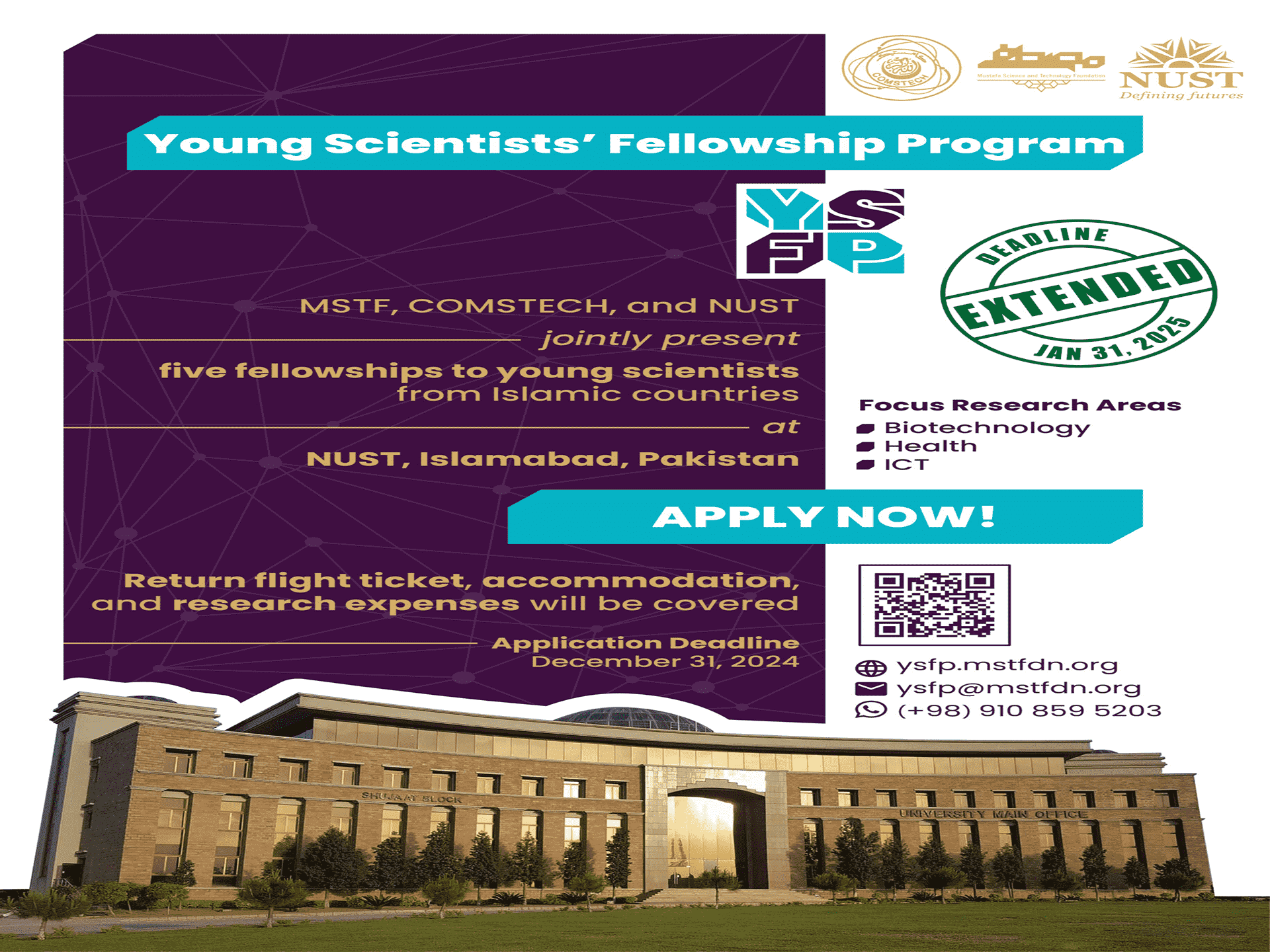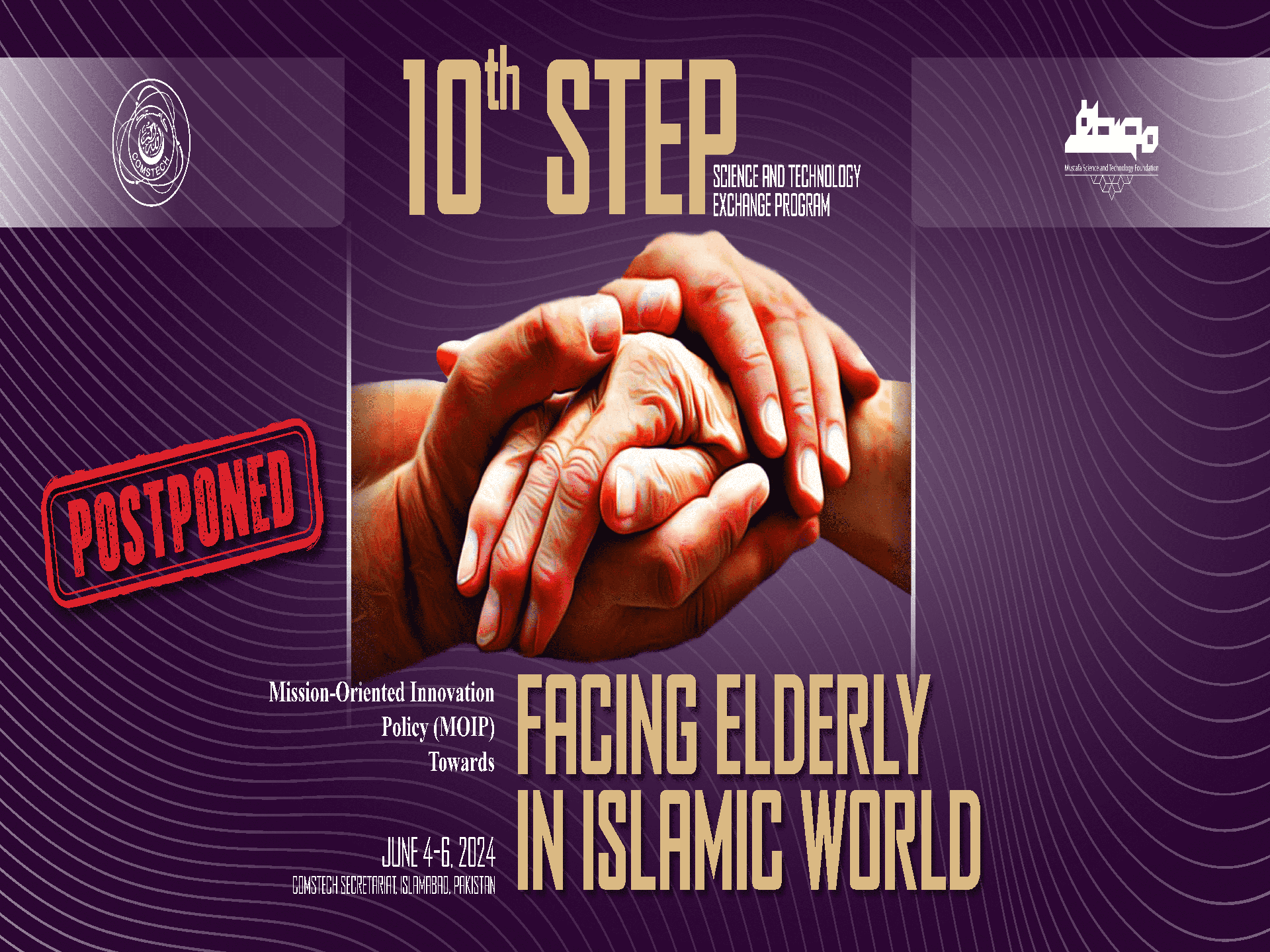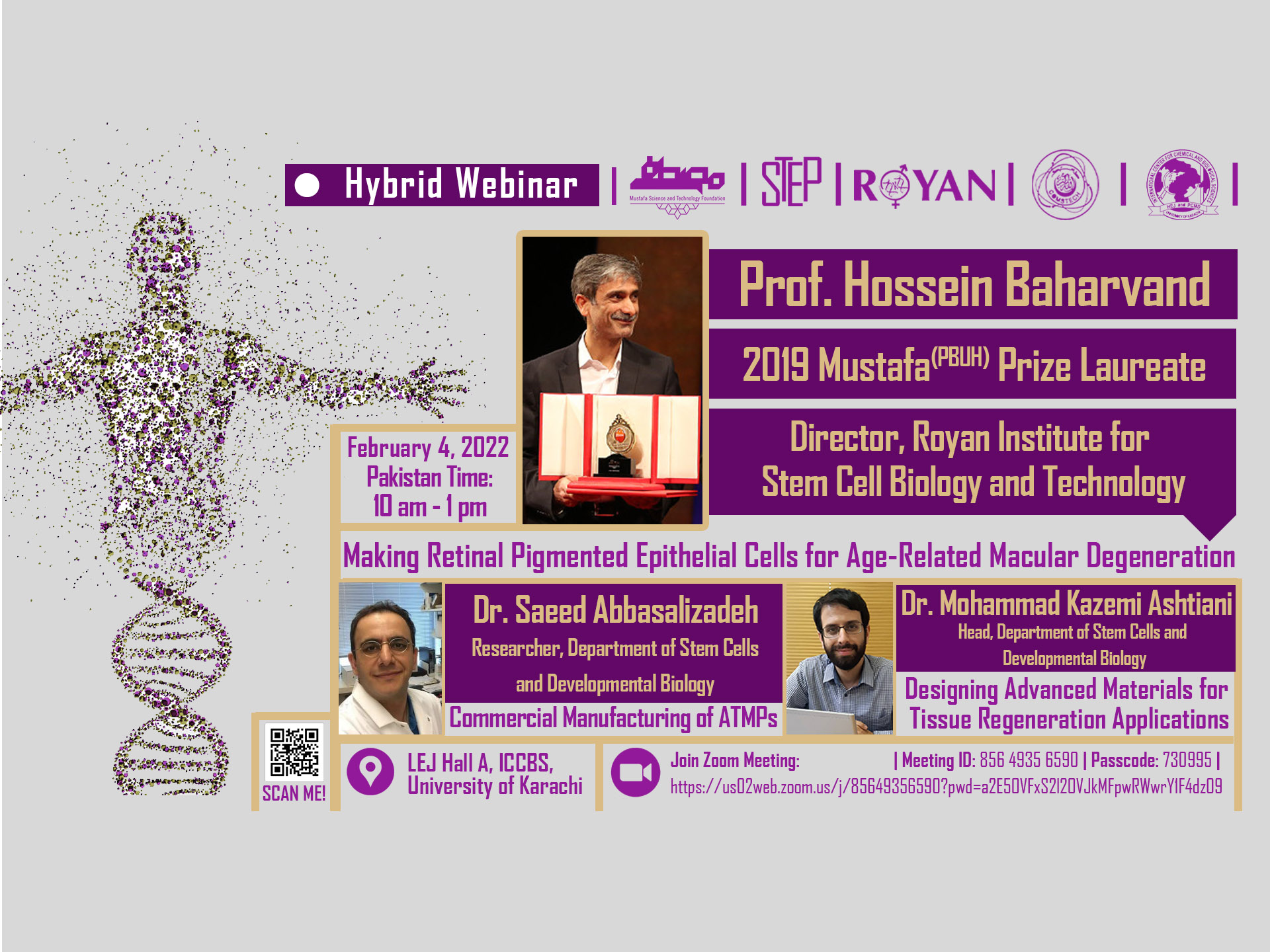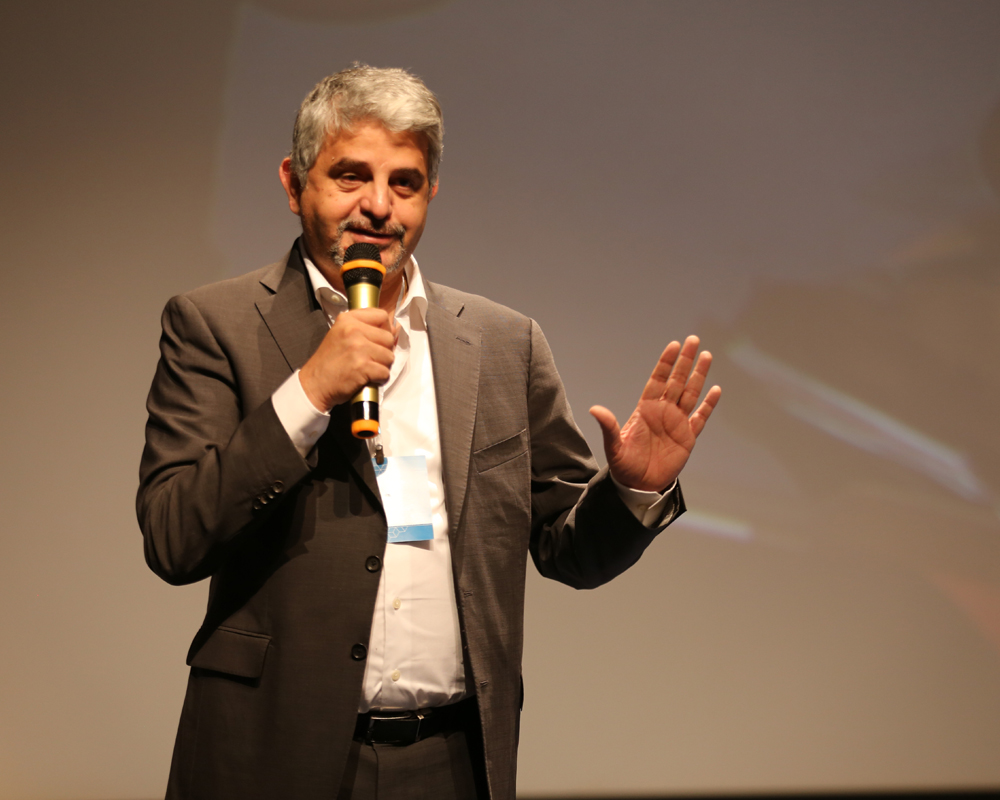
5th STEP

Researchers exchange views on diseases
28 Feb. 2019
MSTF Media reports:
Naim Akhtar Khan, Director of INSERM U1231, Laboratore de Physiologie de la Nutrition & Toxocologie, gave lecture on innovative solutions to overcome the battle on CDs Treatment strategies.
AIDS, TB, malaria to diarrhea diseases, measles and respiratory infections were mentioned as leading CDs which are exerting negative influence on the societies all around the world. among all, diarrhea diseases, cholera and thypoid are called the diseases of “poverty”.
In this regard, motivation commitment, research plan, project development, quality regulation, and manufacturing were underlined as important steps to be taken by the countries which lack good governance in the implementation of health innovations.
However, stronger partnership among countries are suggested as possible gateway to overcome the failures of science, as there are diseases which still lack effective vaccines.
He also proposed business models, some with double bottom lines, to support the innovations and partnership to meet the needs of global health.
“Disease-centered must be now people-centered if there is any disease, there is also its cure, ” he said. Besides, he added that a decrease in marginal costs are necessary, through “high production”.
Norlijah Othman, from the University Putra Malaysia, continued with HIV treatment in the Islamic world. While in the early HIV epidemics, the prevalence was low in the Muslim majority countries. 30 years into the epidemic, the reality is different and there is a considerable number of HIV patients in the same countries.
Among them, Malaysia is mentioned to be the first country which could eliminate the mother-to-child HIV transmission in 1998. However, the high cost of the treatment of the HIV and adherence to the treatment are mentioned as the main problems.
In addition to fixed drug combination and once daily therapy, mobile phone reminders and peer counselling are effective. “Bold measures should address legal and structural barriers particularly for the most at risk groups,” she said.
Expressing gratitude to the MSTF for the STEP5 event, Meselhy RagabMeselhy, professor of phytochemistry at the Cairo University, talked about crude drugs in herbal medicine which can be source of potential anti-HIV agents.
He said: “Unfortunately, there is no cure for HIV, we can only help control it.” However, RagabMeselhy also suggested the natural sources to have the potentiality to overcome this virus.
Naweed Syed, Scientific Director of Alberta Children’s Hospital Research Institute, in his talk elaborated on the artificial intelligence which is the “substitute for medicines” which can revolutionize the modern medicine. This is the field that the brain can be copied and eliminate the diseases, like Alzheimer, through rebuilding the damaged cells.
He further underlined the importance of being exposed to technology in the growth of the children’s brain and called on for having hi-tech equipment all around in the environment from childhood.
Referring to Quran’s sayings, Naweed Syed finally emphasized on the fact that we, Muslims, need to overcome all diseases through research.
Syed noted hope as an important element in order to counterbalance. “We need a paradigm shift, I think the time has come to think out of the box,” he added.
Finally, structured and organized network and collaboration was highlighted by the lecturers at the panel discussion.
The 5th round of STEP is now underway at Karachi University, focusing on Cutting Edge Pharmaceutical Approaches to Meet Health Challenges of CDs and NCDs; with an Emphasis on Female Scientists’ Contributions.






